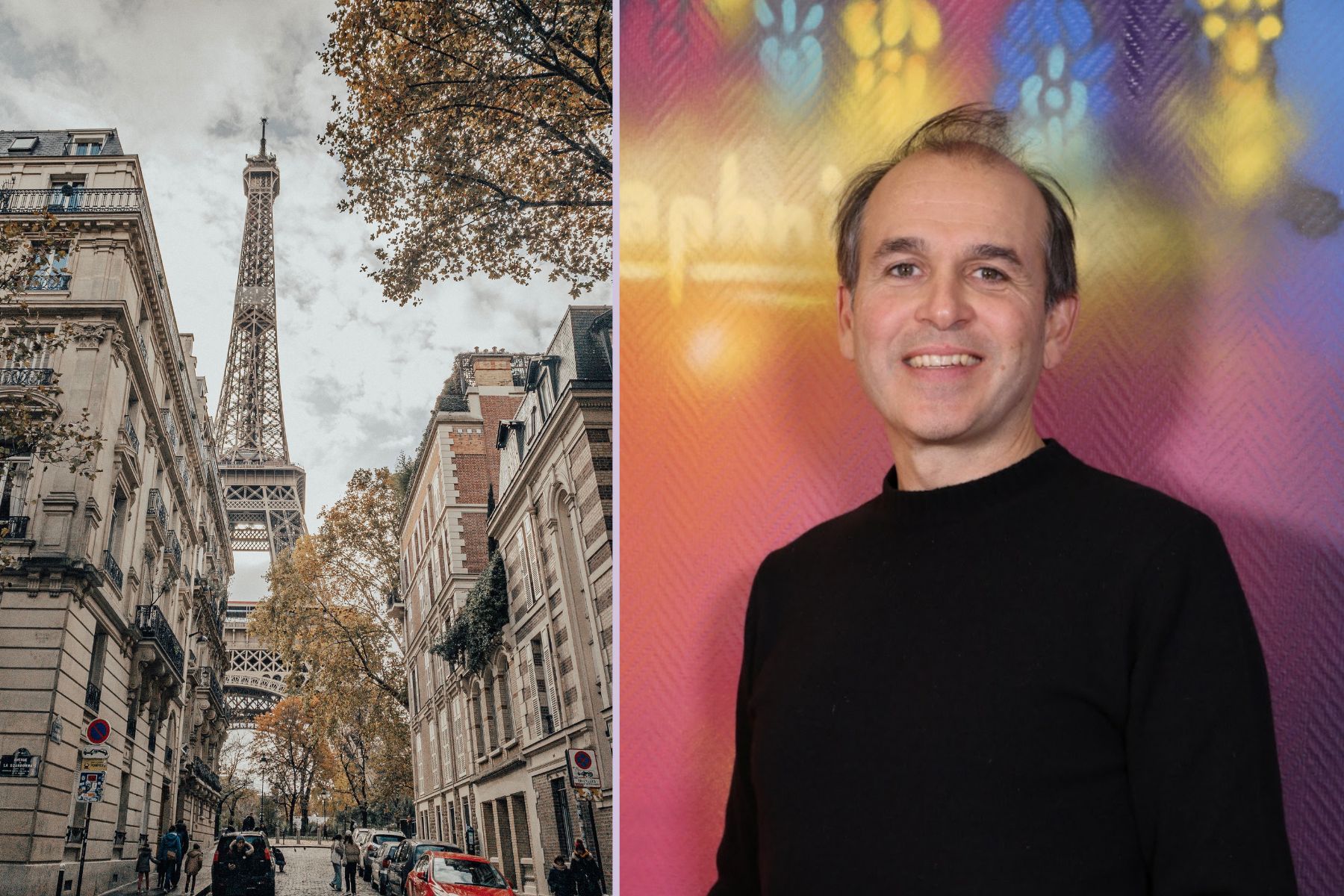The impact scientists cutting Europe’s reliance on materials from China – by recycling batteries
Cylib has a vision for making European battery makers less reliant on imported metals from China. Now they're moving rapidly toward full-scale industrialisation in Germany, thanks to state funding and the backing of industry giants like Porsche.


Cylib co-founder Lilian Schwich developed a new water-based process for recycling lithium-ion batteries when she was a researcher at RWTH Aachen University. Two years after turning that into a startup, the company she started with her husband Gideon Schwich and their research partner Paul Sabarny already employs more than eighty people and has received the backing of private investors and industry players who are convinced that Cylib can meet a strategic European need.
The latest major backer to come onboard is the state government in the North Rhine-Westphalia region, which is investing millions of euros into helping Cylib build a first-of-its kind battery recycling plant that will take the company closer to full-scale industrialisation.
Cylib was one of four companies to share a €100m grant from the German state in November. This followed the startup raising €55m in Series A funding earlier in 2024, from investors that included Porsche Ventures, Bosch Ventures and the DeepTech & Climate Fund.
Having state backing will further speed up the rapidly growing company’s ability to bring its end-to-end recycling process to pilot customers, Lilian Schwich tells Impact Loop. The new plant will be able to recycle 30,000 tons of end-of-life car batteries annually, starting in 2026.
"This investment highlights the strategic value we bring to Europe’s battery industry," Schwich says. "As a deep tech hardware company we need to invest heavily in our next milestone, which is industrialisation. Having state backing means that our impact on Europe´s strategic goals is recognised, our contribution is validated and our road to industrial implementation is one step further."
A major issue for European battery makers is that the precious metals they need – like lithium, graphite, cobalt nickel and manganese – have to be sourced from overseas, mostly from China.
Cylib is hoping to address that with their climate-friendly way of recycling car batteries.
"Our end-to-end technology offers a 90 percent recycling rate of all critical raw materials in lithium-ion batteries,” Schwich says. “Compared to other battery recycling processes, we produce 30 percent fewer emissions. Additionally, our core process is water-based, unlike other methods that either rely on chemicals or can’t recycle lithium or graphite at all. This gives us a significant advantage."
Tobias Weissgerber, Investment Manager at Deep Tech & Climate Fund, says another selling point is that Cylib has an end-to-end process where customers can bring in their old car batteries and then get the recycled materials back for reuse.
"So you have a closed loop and that is only possible with Cylib’s end-to-end process," Weissgerber says.
But the biggest selling point of all to investors, Weissgerber believes, is Lilian Schwich herself.
"She is very rare and so impressive," Weissgerber argues. "She’s very intelligent and she can transport what she was doing in her PhD research to Cylib and to customers. There’s a massive need for all European companies to build up a more stable value chain and supply chain for batteries and raw materials. Cylib has the technology to do both, and that’s why it’s such a success."
It’s also why companies like Porsche and Bosch have come onboard and shown such great interest in Cylib’s solution.
"The first pillar is our technology; we are extremely confident in the research, and the strong support we are receiving from the industry confirms that our mission is the right one,” Schwich says. “The second pillar is our partnerships, we have built a strong network of industry partners and investors. And then there is the teamwork – we have a strong team with diverse expertise."
The company isn’t done raising money yet. Another fundraising round is planned in 2025 to get the new plant fully up and running.
"There’s still a lot of hard work ahead, but we’re excited to do it within an ambitious timeline," Schwich says.
Get in the Loop and continue reading!
- Stay in the loop with our daily newsletter (it's free)
- Subscribe to our premium plan for unlimited access to independent journalism – news, interviews, analysis and opinion covering the European impact and climate tech space
- Join our network of 11 000+ top European impact entrepreneurs and investors
Keep reading – get in the loop!
- Håll dig i loopen med vårt dagliga nyhetsbrev (gratis!)
- Full tillgång till daglig kvalitetsjournalistik med allt du behöver veta inom impact
- Affärsnätverk för entreprenörer och investerare med månatliga meetups
Fortsätt läsa – kom in i loopen!
- Håll dig i loopen med vårt dagliga nyhetsbrev (gratis)!
- Full tillgång till daglig kvalitetsjournalistik med allt du behöver veta inom impact
- Affärsnätverk för entreprenörer och investerare med månatliga meetups








